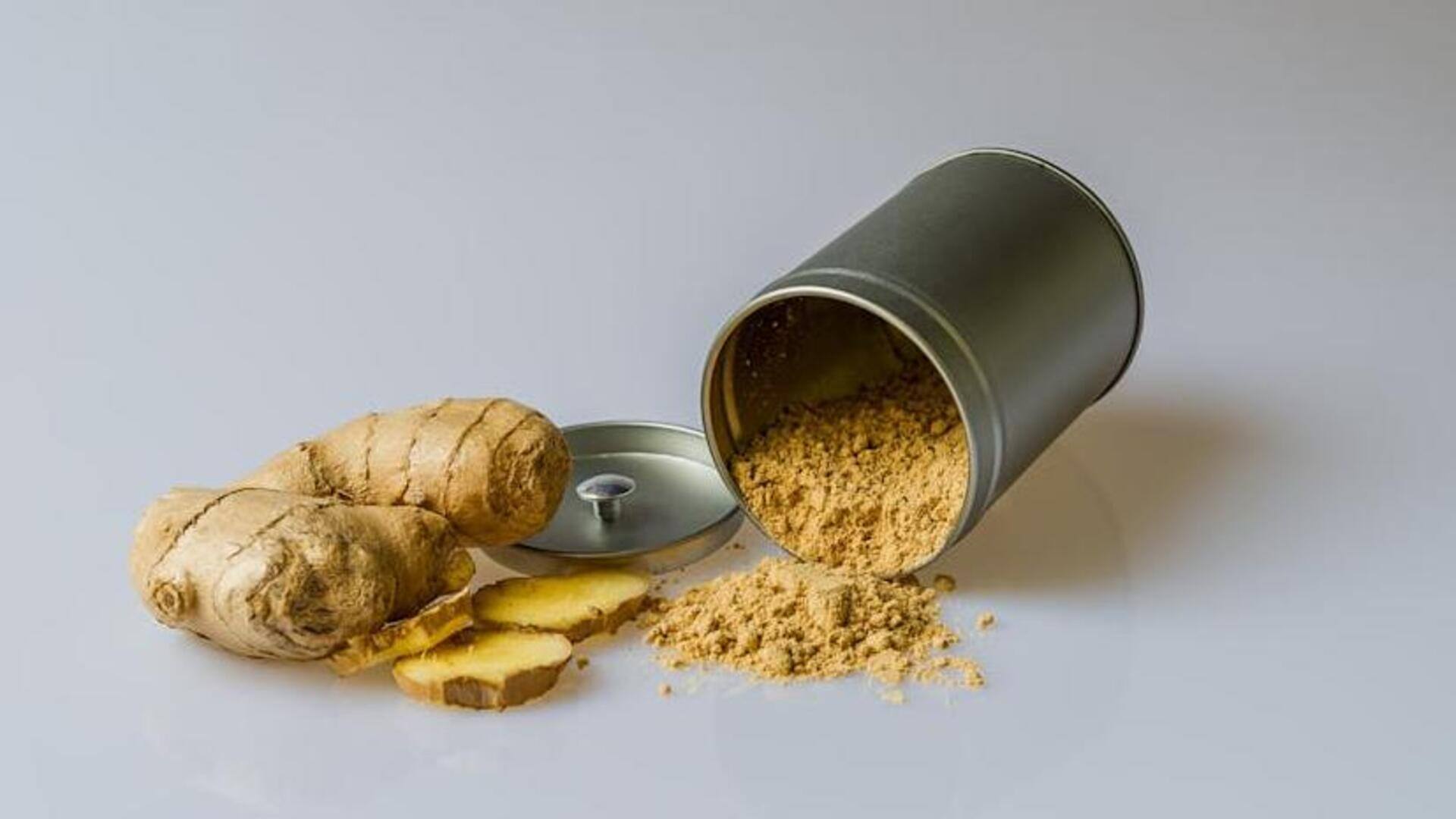
Ginger's anti-inflammatory wonders detailed
What's the story
Ginger, a staple spice in many cuisines, has held a reputation for its medicinal properties for thousands of years. Of its many health benefits, one that stands out is its anti-inflammatory power. In this article, we explore the science behind ginger's inflammation-fighting properties and how adding it to your diet can support overall wellness.
Inflammation 101
Understanding inflammation and ginger's role
Inflammation is the body's natural defense mechanism against injury or infection. However, chronic inflammation can contribute to various health conditions. Ginger is rich in bioactive compounds like gingerol, which exhibit potent anti-inflammatory properties. Research indicates that regular consumption of ginger can significantly reduce levels of inflammation markers in the body.
Dietary tips
How to incorporate ginger into your diet
Adding ginger to your diet is easy and super beneficial. You can grate fresh ginger into your smoothies, teas, or meals for a flavor boost and enjoy its anti-inflammatory perks. If you don't like the taste of fresh ginger, supplements are an option, but always check with a healthcare provider before starting any supplement routine.
Research insights
The science behind ginger's effects
Multiple research studies have confirmed the potent anti-inflammatory properties of ginger. A study found that individuals who consumed two grams of ginger daily experienced a significant reduction in muscle pain following exercise, compared to those who did not. Further, another study indicated that daily ginger consumption resulted in a significant reduction in symptoms related to osteoarthritis, further demonstrating its wide-ranging therapeutic potential.
Precautions
Potential side effects and considerations
While ginger is safe for most people, some might experience heartburn or stomach upset. And, very importantly, ginger can interfere with blood clotting. So, if you are on blood thinners, you should check with your healthcare provider before adding ginger to your diet. This way you can enjoy ginger without it negatively impacting your health.